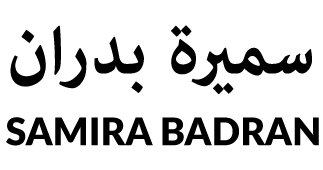When I visited Samira’s studio (when I left it and also now that I am facing a blank page, free from prejudices, the only – though Utopian – place where a non-servile creative writing may emerge) I thought about what is provoked by the work of this artist, who comes and goes beyond the doubts of the art world.
How can we talk about real works of art without analysing, expressing or communicating it, without teaching to see something in it? Therefore, by virtue of such negations what we can finally write is only worth to be read, in the same way that art is just born to be seen and that is all (and it is quite something!).
How can we know, for example, that art is not born to extract information from?
When communicating, expressing, informing, commenting, or assessing, we kill poetry. Art is a means of poetry. Poetry is not knowledge. Art is not a means of knowledge itself. Or, if you wish, it is only such in the same way any other thing is knowledge. Poetry, art, they work within some interrogations that no analysis is able to resolve.
In general, writing about art is like dissecting, analysing, qualifying (especially praising), comparing it, making it understandable. There is nothing to be understood in real art. On the contrary, if we could draw any conclusion from Samira’s art, in a rage of Cartesian ism, it is the need to unlearn.
Samira’s art unteaches us. It shows us the ways to sensitivity; it takes us away from reason and makes us write within the sources of poetry and outside the limits of rationalism.
I also thought that the work of Samira coincides, or it could be said, confronts abstraction and figuration, concept and work.
Such features overcome antagonisms that nowadays tend too often to spoil art. (Art? What is the matter if some people impair such entelechy? It is not a question of defending it).
And I have already paid a tribute – although hidden – which I intended to avoid in order to skip the exaggerated and benevolent topics normally launched to the artist we are talking about in an exhibition. Everyone should face Samira’s work from his own frame of mind. It will be more profitable.
Art, creation, require and demand, art and creation. Samira offers us her art and her creation, and as a response, I dedicate to her this poem which, for me, suits perfectly the work that I saw in her studio, and from whose memory I took the inspiration from:
AGRICULTURAL PROTOMACHINES,
/ architectures, drawing, / tools and gears for the idea / where there are contradictions / with identical terms / and metaphors that are really / other metaphors / reflecting or not / the things they refer to / and which, thus, are and are not / metaphors / because luckily they are not finished / defined, or yes : / broken mirrors / for reproduction.


